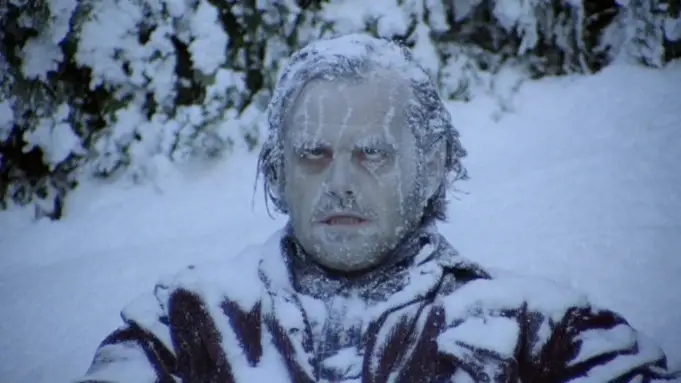We all look forward to the warmth of summer-time. It’s a time to get away, have fun and go outside. Isn’t it just simply unfair to catch a cold during vacation months? Why do cold symptoms surface when flu and cold season have ended? Is there any way to dodge a cold in the summer months?
“Colds are caused by viruses, not the weather,” says Kristina Duda, R.N., About.com. She goes on to explain that they occur at any point of the year. Colds are more common is colder months when the virus is able to spread more easily. People often stay inside, out of elements, more during the winter months. Because they stay inside more, they can be exposed to germs more closely. Viruses that cause colds can affect you any time of the year.
Over 200 various kinds of viruses can cause cold symptoms. These symptoms include scratchy throats, runny noses and sneezing. Winter colds are triggered usually by common viral infections in humans, germs called rhinoviruses. Rhinoviruses seem to survive best in colder weather. Higher surges of the rhinoviruses peak from September and then typically dwindle down in May.
Summer months cause a shift in the viral landscape. Doctors say winter and summer colds are cause by different viruses. Summer colds are said to be non-polio enterovirus infection. Enterovirus germs are actually a common cause of doctor visits, presenting variety complaints. Originally identified in the 1960’s, enteroviruses are found to include over 70 strains. Groups such as:
- Coxsackie A (24 types)
- Coxsackie B (6 types)
- Polioviruses (3 types)
- Echoviruses (34 types)
- Enteroviruses (4 types).
- Poliovirus has now been basically eliminated worldwide.
Enteroviruses have an incubation period of three to five days. Children are most contagious when the fever is at its highest. Once you have visited the doctor, it is recommended that you shop for any prescriptions online to both avoid spreading the virus and to save money.
Patients shed live viruses rectally up to eight weeks and orally up to four weeks. It is not recommend that we quarantine that long, but isolating yourself or a child when feeling at your poorest is important. If you are prescribed medications, you don’t want medications that treat symptoms you don’t have.
Tips on prevention and care:
- Wash hands thoroughly. Washing after changing diapers.
- Thoroughly wash surfaces that have saliva on them and toys after use.
- Cover your nose and mouth when sneezing or coughing.
- Keep children at home, if they develop ulcers or fever
- When open blisters are present, you should exclude children from public contact
- Use an online drugstore to purchase medications
- Clean with germ killing agents such as bleach or ammonia
Enteroviruses that are less common can cause other symptoms as well. Some may lead to pinkeye or possibly conjunctivitis. Webmd.com defines conjunctivitis as an inflammation of the conjunctiva. The conjunctiva is the thin clear tissue that lies over the white part of the eye and lines the inside of the eyelid.
Others viruses can cause illnesses that produce rashes. In rare cases, these viruses can affect the brain or the heart.Patient.co.uk indicate that viral rashes vary in shape and size. The rashes often appear as blotchy red spots. Often these spots impact most of the body, and may appear dramatically.
Blocking viral transmission is said to help prevent infections. Viruses travel in respiratory secretions. You can become infected through direct contact. You may also contract the virus by touching surfaces that are contaminated. Avoid exposure to people who are sick with fever and frequently washing your hands can help prevent the spread of infection.
Summer colds will generally clear up with treatment within a few days to a week. See a health care provider if you a high fever or a rash.












